Earth Month is drawing to a close, but for many wineries, the topic of conservation takes near center stage year round.
In the spirit of the this month’s theme, winery owners and executives shared with Vintner Magazine noteworthy steps they’ve made to be good stewards of natural resources and the environment.
Here is what three wineries in California, Oregon and Virginia said about how they have made conservation a high priority.
Austin Hope, Hope Family Wines, Paso Robles California
“We have been focused on healthy soils for the past three years. Healthy soils make healthy vines. Healthy vines make great wine! We have been applying compost post-harvest. We plant cover crops in the row middles. The biggest leap in the last two seasons is that we have removed use of herbicides.
“We are working toward improving the soil’s microbiome. In short, the soil’s microbiome it’s a community of microorganisms; both good and bad. As we help build the soil using plant material, compost and cutting out chemical use, the good microbe population grows, building healthy soils. When the soil microbiome becomes healthy and in balance, it positively affects the health of the vine.”
Christine Clair, Willamette Valley Vineyards, Turner, Oregon
“We collectively signed the Willamette Valley Oak Accord to protect our native oak saharas from urban sprawl. This effort is led by Willamette Partnership where we sign to not remove native oak trees in our farming and on-site efforts.

“We have also enhanced our waste water treatment from the winery to a multi-step treatment allowing the water to be placed safely back into the ground in and around our vineyards. This system also reduces water needs from previous systems.”
RIchard Obiso, Whitebarrel Winery, Christiansburg, Virginia
“At Whitebarrel, we designed the winery with the Earth in mind. Our main building is passive solar, and our grey water from the building go to a bioretention space instead of our septic system.
“We also have a compost site for vineyard waste and food scraps. We also recycle everything that we can, which equates to over 40 tons of recycling per year.”

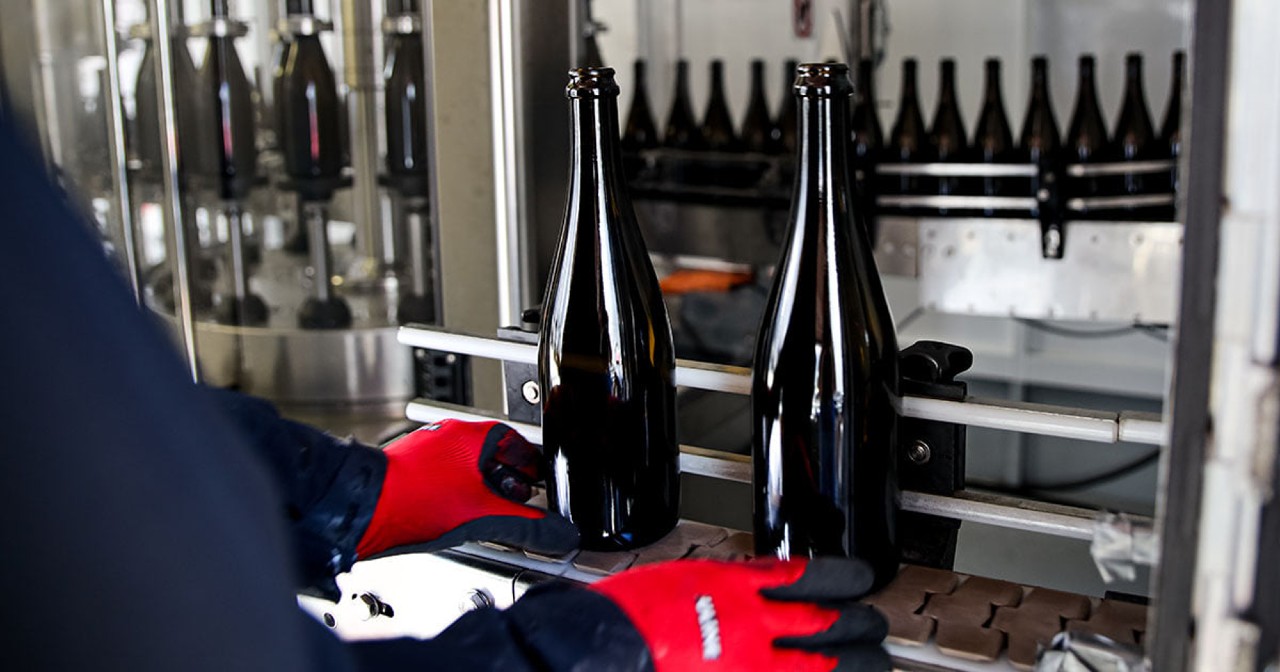
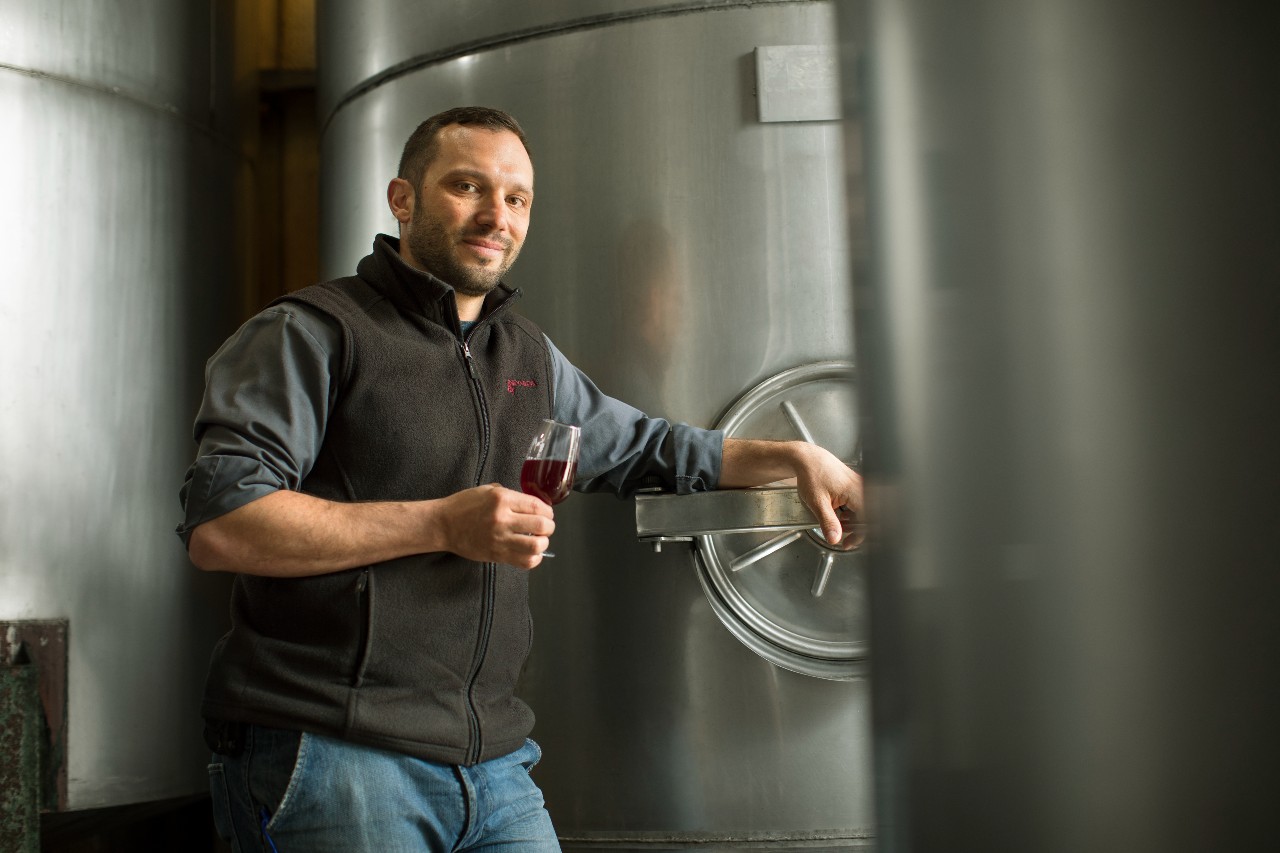
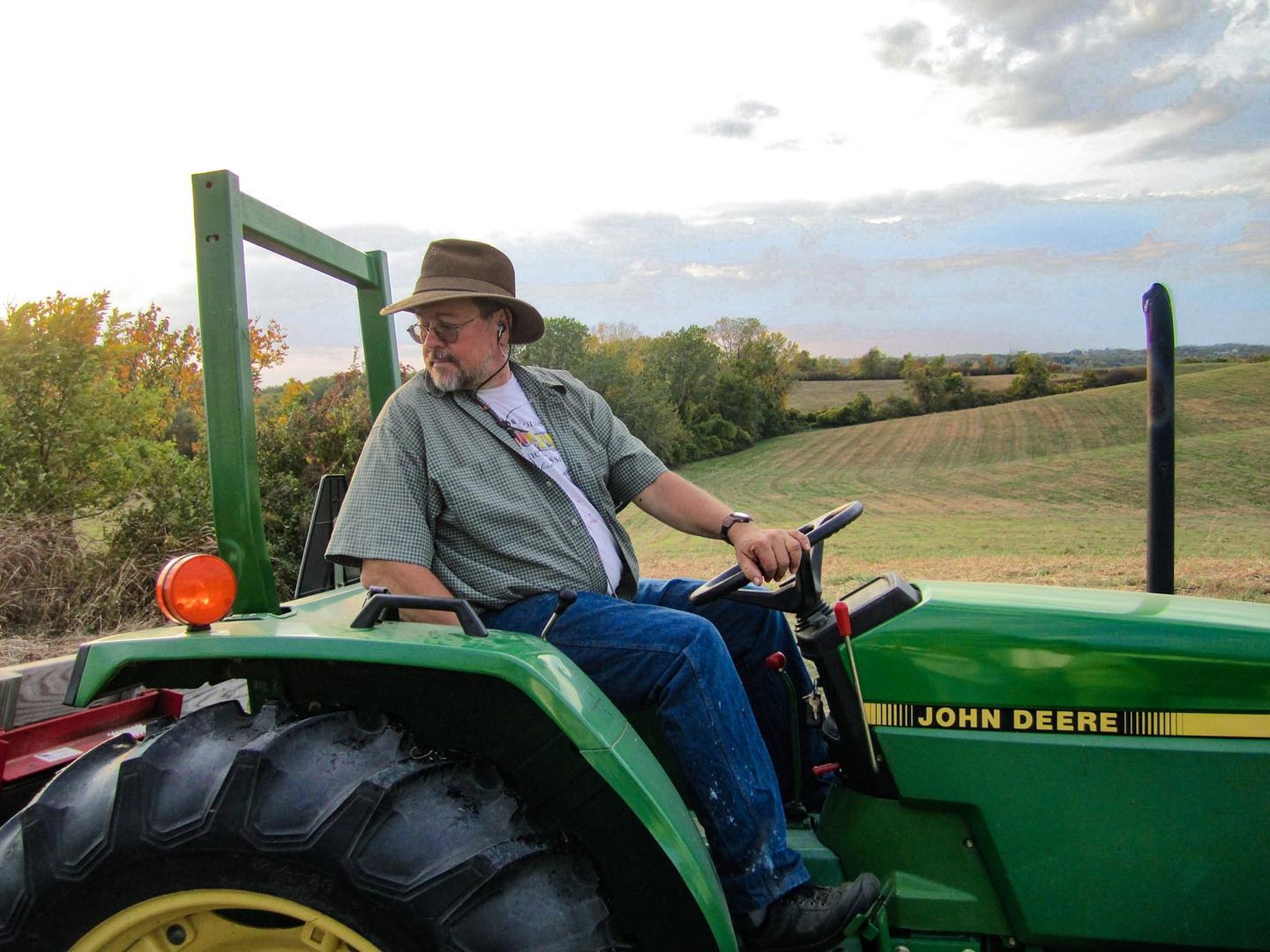
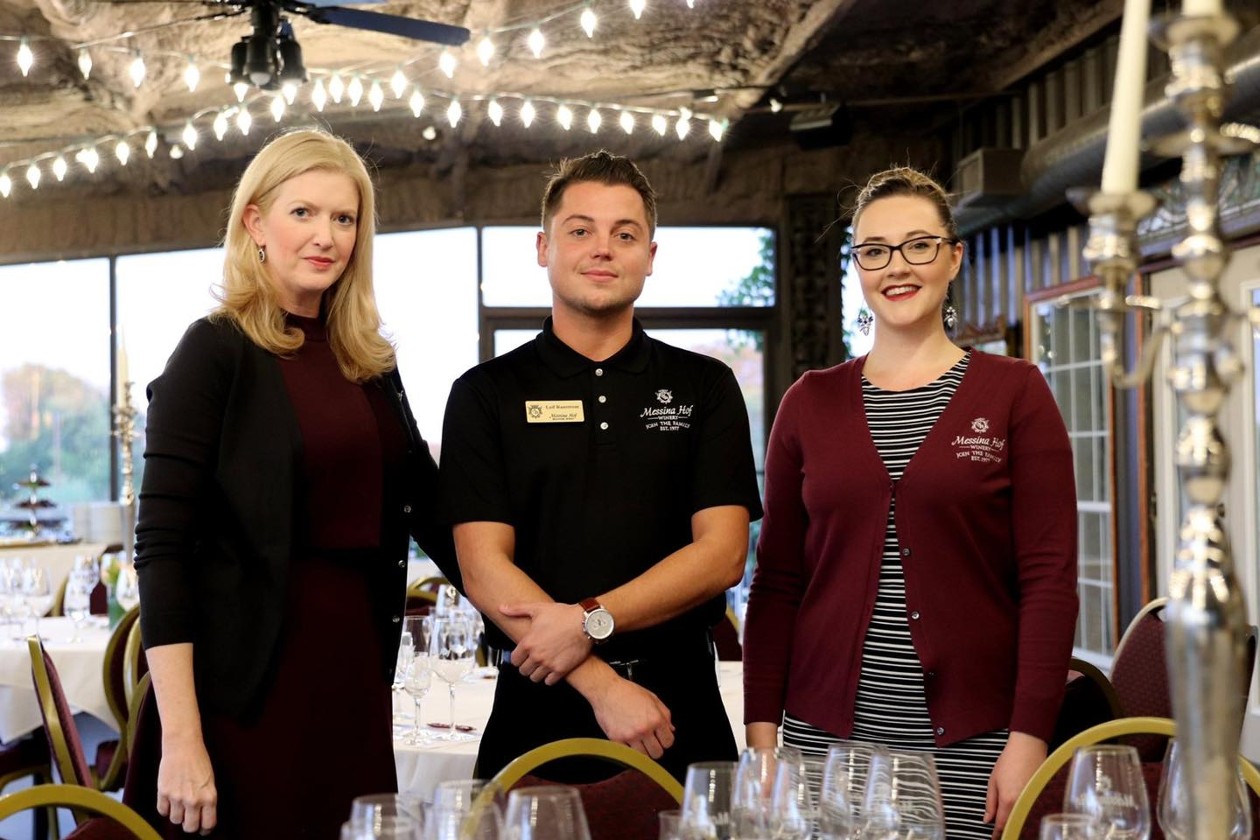
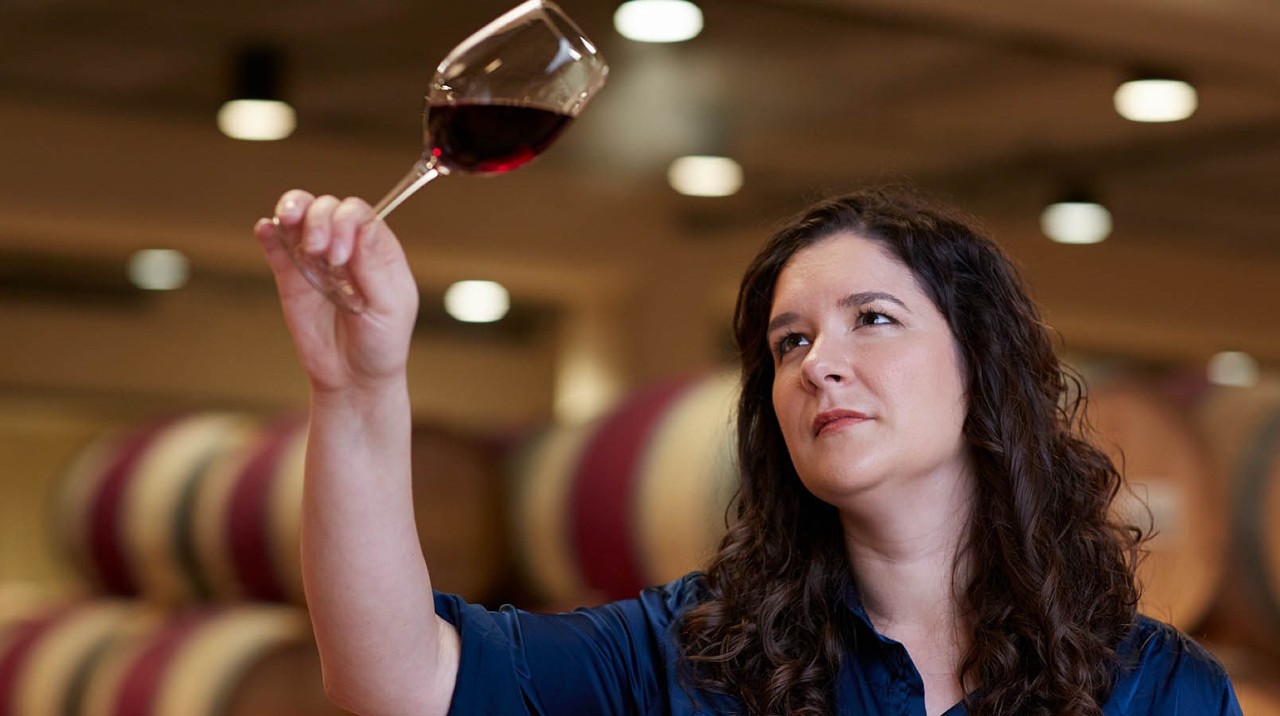


Be the first to comment